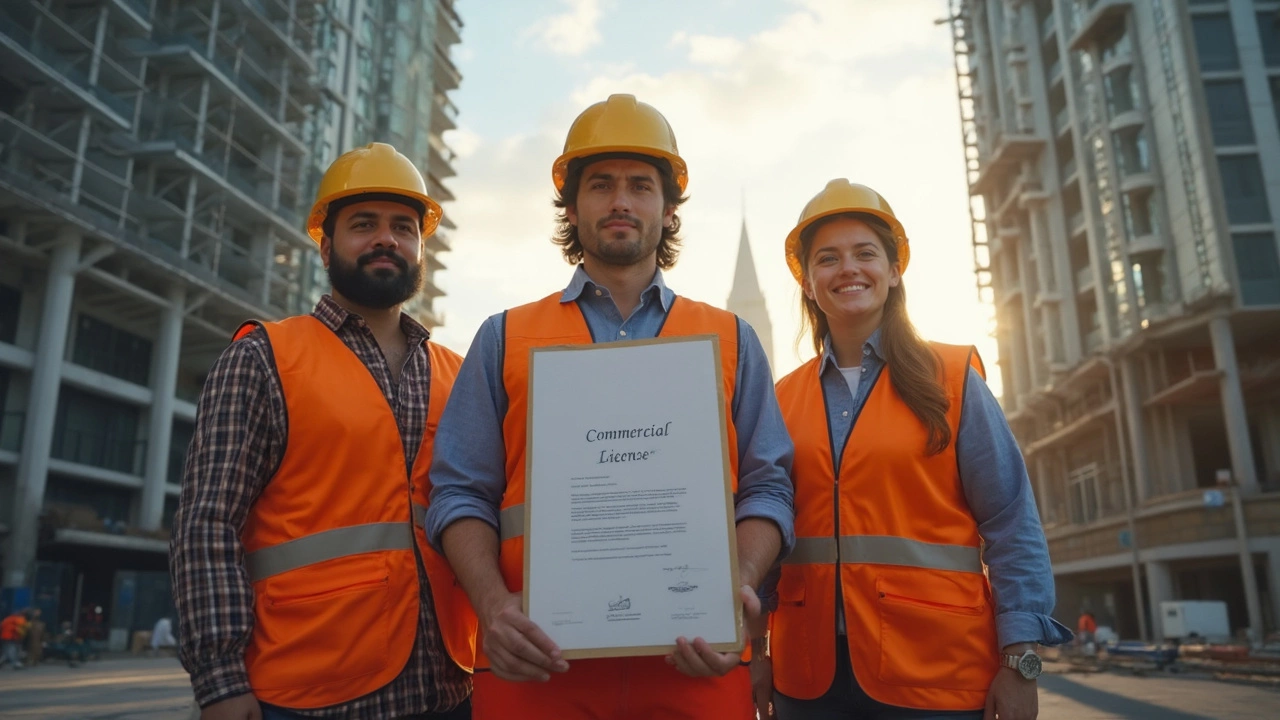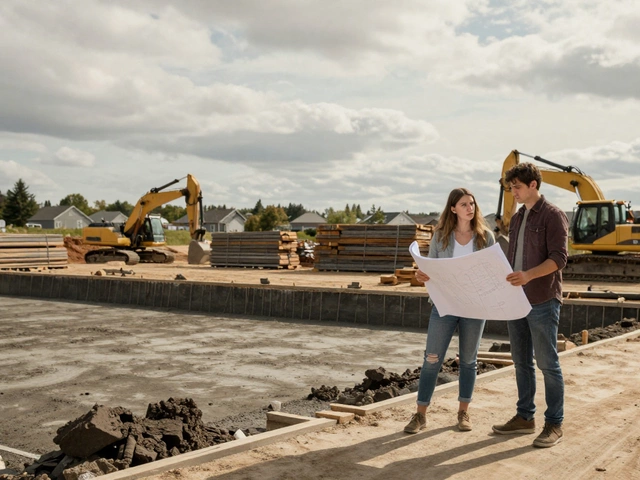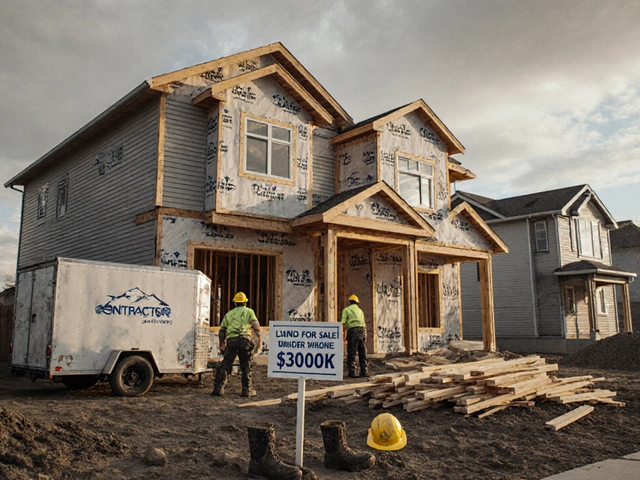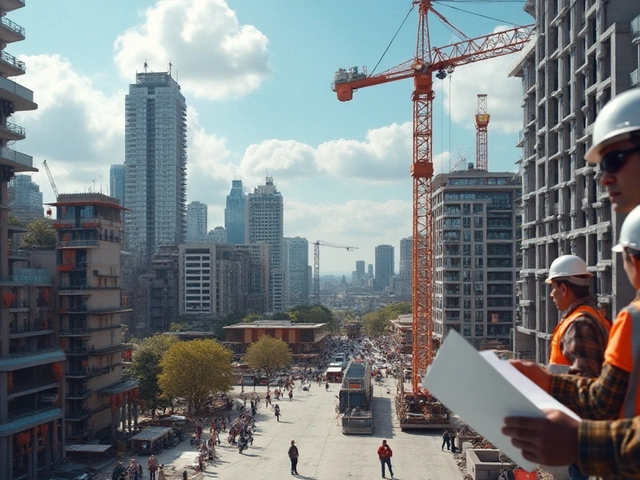Construction Law Basics for Every Building Project
Whether you’re fixing a foundation, adding a kitchen, or starting a new build, the law is part of the job. Ignoring it can cost you time, money, and peace of mind. Here’s a plain‑English guide to the rules that matter most.
Key Legal Areas to Watch
Permits and approvals. Before any digging or framing, you need the right paperwork from your local council. Skipping this step can lead to fines or even a forced teardown. Check which permits apply to your work, apply early, and keep copies of every approval.
Contracts with contractors. A solid contract spells out the scope, timeline, cost, and who pays for extra work. It should also list insurance requirements and how changes are handled. Never rely on a handshake – a written agreement protects both sides.
Insurance and liability. Your builder needs public liability insurance, and you may need separate coverage for structural defects. Confirm policy numbers and limits before work starts. If something goes wrong, the right insurance can stop a small issue from becoming a legal battle.
Health and safety rules. Construction sites must follow health and safety regulations, like providing protective gear and safe scaffolding. Failure can lead to heavy fines and even criminal charges. Keep a safety plan on file and make sure everyone follows it.
Simple Steps to Stay Compliant
1. Make a checklist. List every permit, insurance policy, and contract clause you need. Review it with a lawyer or a trusted advisor before signing anything.
2. Ask for proof. Request copies of insurance certificates, planning permissions, and any special licences. Keep them in a dedicated folder for quick reference.
3. Document changes. If you decide to add a window or change the floor plan, get a written change order with updated costs and timelines.
4. Stay in touch with the council. Some projects need inspections at different stages. Schedule them early and be present when they happen.
5. Know your dispute options. If a contractor misses a deadline, start with a friendly conversation. If that fails, mediation or a formal notice can keep the issue from landing in court.
Most problems disappear when you treat the legal side like any other part of the build – plan ahead, keep records, and communicate clearly.
Need help sorting permits or drafting a contract? A local construction solicitor or a reputable trade association can review your documents for a modest fee. It’s cheaper than paying a penalty later.
Bottom line: construction law isn’t a mystery, just a set of rules that protect your project. Follow the checklist, keep paperwork tidy, and don’t be afraid to ask questions. Your next build will be smoother, safer, and legally sound.
Commercial License Meaning in Commercial Construction: What You Need to Know

A commercial license in construction isn’t just a piece of paper—it’s your ticket to legally work on commercial projects like office buildings, warehouses, and shopping centers. This article explains what a commercial license means, who needs it, and the real risks of building without one. You’ll also get tips on how to navigate the licensing process and avoid common headaches in commercial construction. If you want to win projects or avoid fines and delays, you’ll want to understand what’s required and what’s at stake. Get real examples, practical insights, and straight talk on commercial licenses.
read more



